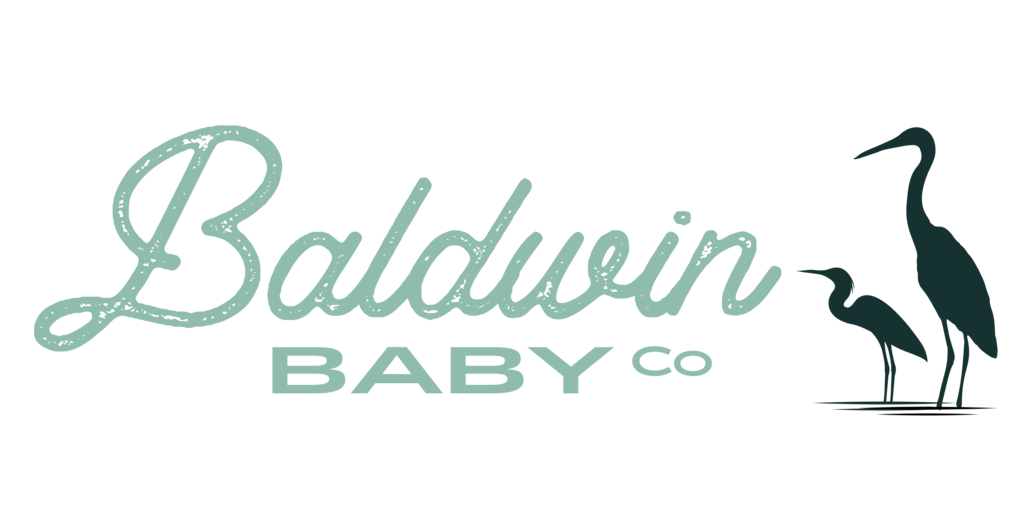Education, Learning & School Readiness FAQ
Kids learn best through curiosity, conversation, and play—not pressure. From stacking blocks and singing rhymes to asking “why?” for the hundredth time, those everyday moments grow language, problem-solving, and social confidence that carry into preschool and kindergarten.
This page focuses on what matters most: simple ways to spark learning at home, how to spot your child’s strengths and support their style, making space for multiple languages, and preparing for smooth school transitions. You’ll also find signs that extra support could help—plus practical steps to advocate for your child. The goal is steady growth and a love of learning that lasts.










